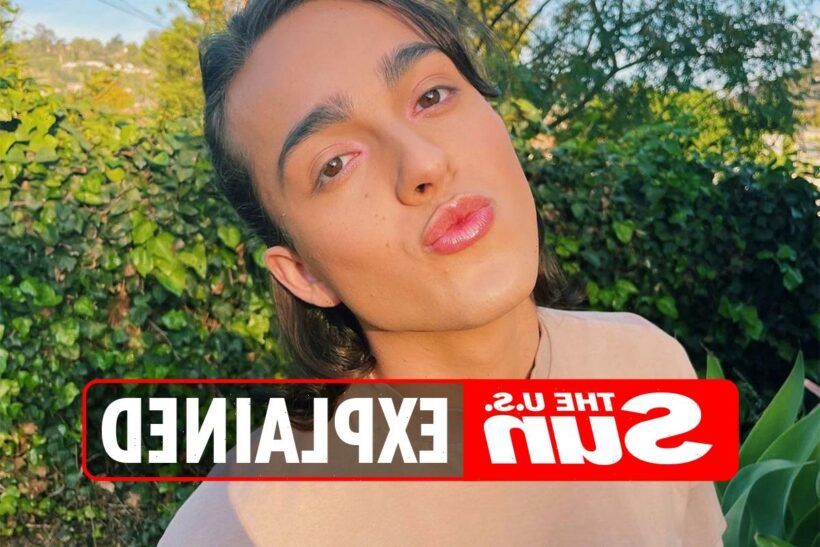FORMER Dance Moms star Zackery Torres took to social media to reveal an exciting life update.
Since their appearance as part of the Candy Apples team on Dance Moms, Zackery Torres has been busy earning degrees and redefining who they are.
Who is Zackery Torres?
Zackery Torres first appeared as the first male-born contestant on Abby's Ultimate Dance Competition.
The competition show featured young dancers fighting for the change at a cash prize and ballet school scholarship.
Torres later appeared as part of the Candy Apples team under coach Cathy Stein on the reality show Dance Moms.
What is Dance Moms?
Dance Moms premiered in 2011 and ran for eight years.
The reality show followed Abby Lee Miller Studios in Pittsburgh, Pennsylvania.
Young dancers learned and competed under the often harsh but passionate coach Abby Lee while their mothers engaged in their own drama.
The show produced huge stars including Maddie and Kenzie Ziegler and JoJo Siwa.
What is Zackery Torres' life update?
Torres, who uses both they/them and she/her pronouns took to TikTok on May 30, 2021 to announce an exciting update.
While a Dua Lipa song played in the background, the 22-year-old danced while revealing the big news.
"I'm transitioning! That means I'm transgender if you didn't know.
"My pronouns are they/she, which means that they or she are totally fine, and I'm just hopping on here to tell you that I'm going to be posting more on Tiktok and I'm excited about it!" they said.
What has Zackery Torres been doing since Dance Moms?
Torres graduated with honors from the University of Southern California in 2021.
They received a Bachelor in Fine Arts in dance.
According to their Twitter page, Torres is currently enrolled in a masters program for public relations and advertising.
Torres came out as transgender and non-binary in their sophomore year and spoke to USC's newspaper The Daily Trojan about how being Dance Moms has affected this experience.
"I started seeing all of the expectations that teachers—well-known dance teachers, and well-known choreographers—had for me as a male dancer growing up and at the time identifying as a boy.
"Oh, you're too feminine, you need to dance like a man.' Just having teachers tell you that on national television, all this stuff, it kind of really got to me," they said.
"Everyone always talks about how inclusive the arts communities are. But I'm just not really feeling it. I'm not seeing it on an everyday scale," they said in October 2020.
Source: Read Full Article




